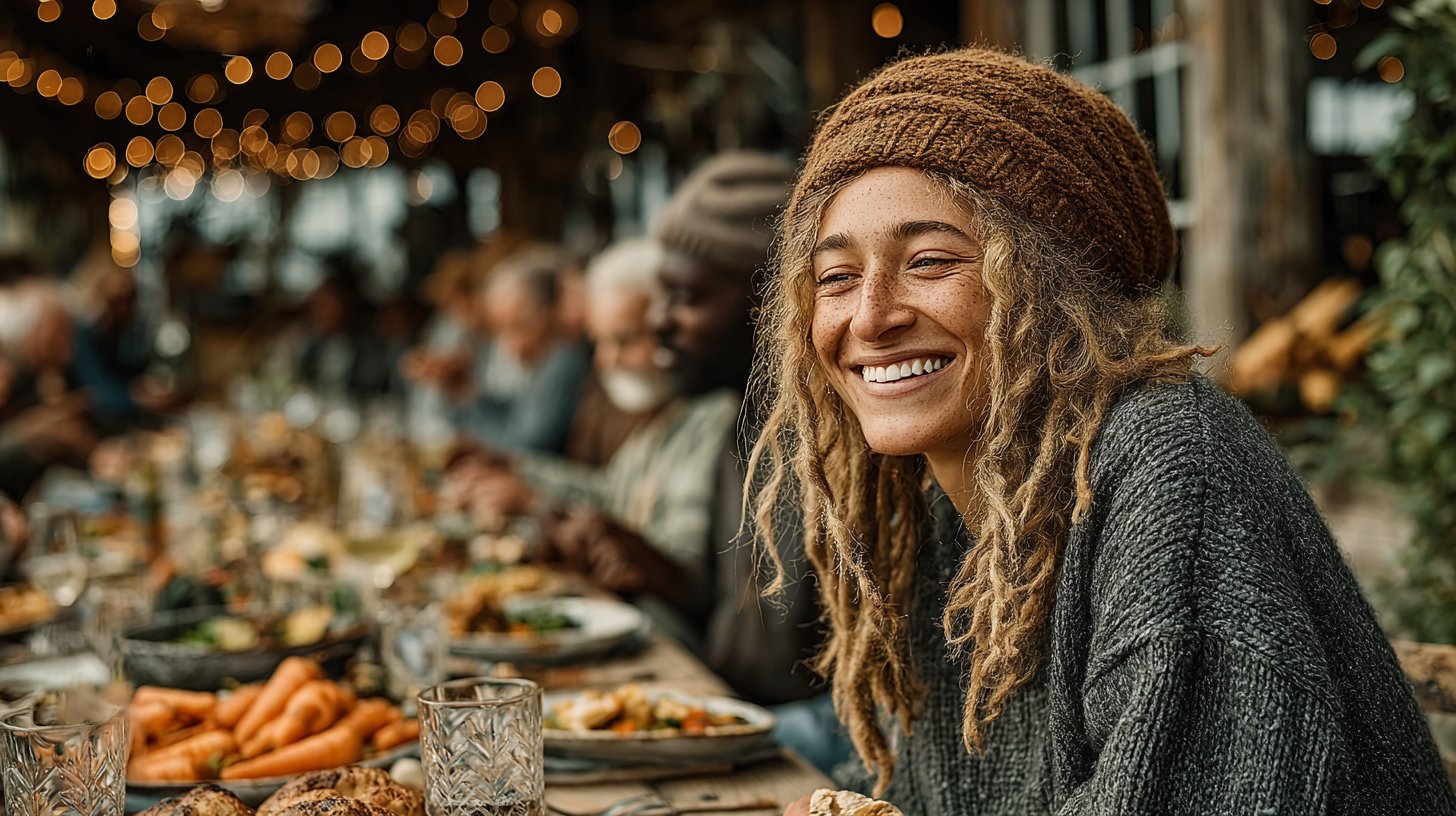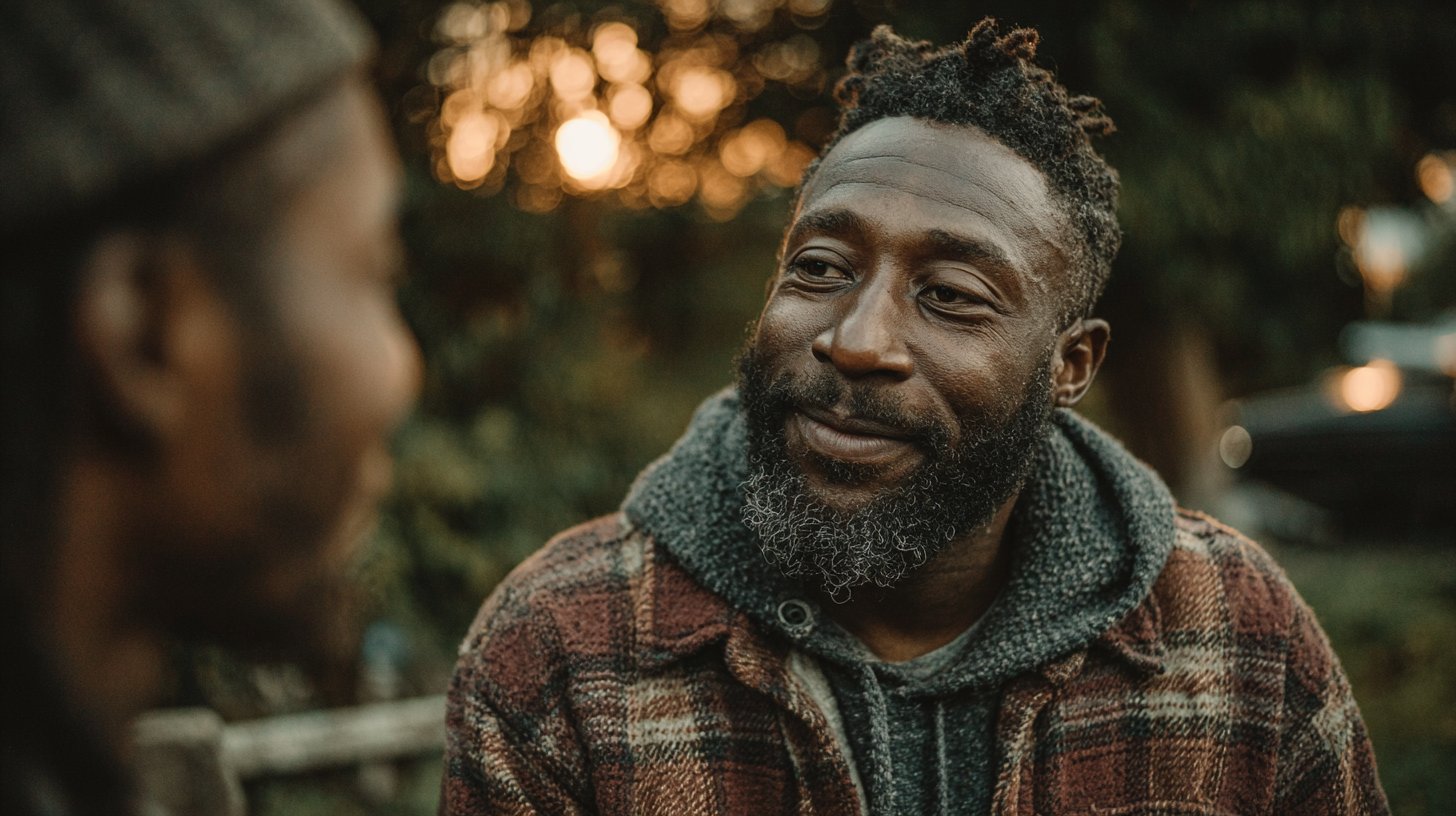How friendships can build bridges between cultures

Friendship, intercultural communication, and empathy are key elements that help us connect different cultures. In an increasingly globalized world, it is more important than ever to build bridges to other cultures. But how do we achieve this? In this article, we take a look at how friendships arise across cultural boundaries and what we can learn from them.
Friendship is often the result of shared interests, experiences, or simply the chemistry between two people. When we befriend people from other cultures, we not only broaden our horizons but also promote our understanding and acceptance of differences. Friendships are like a puzzle: each friend brings a piece of their culture, history, and perspective, and together they form a complete picture that we wouldn't have without each individual facet. This diversity is what makes life colorful and exciting.
The power of communication
Intercultural communication plays a crucial role in forming and maintaining friendships. Often, language is our first barrier to overcome. But what does this mean for us? It means that we should strive to learn other languages or help ourselves with body language and nonverbal signals. Sometimes a simple smile instead of words can express much more than we think. The nuances of communication can prevent misunderstandings and create a deeper connection. For example, if you have a new friend from another culture, sharing experiences and learning from each other can not only foster a friendship but also expand understanding of different viewpoints.

Shared experiences create bonds
One way to deepen friendships and break down intercultural barriers is through shared experiences. Participate in festive events or cultural activities in your area that showcase the traditions of other cultures. Whether it's a shared meal, a dance class, or a workshop—such experiences not only create memories but also promote the exchange of ideas and perspectives. These shared experiences can include prayers, life wisdom, or even the different ways we see the world. When you laugh about or appreciate differences with others, the friendship grows even stronger.

Learning through friendship
Friendships can also be a valuable opportunity for learning. When you are friends with someone from another culture, you can learn a lot about their way of life, traditions, and behaviors. These learning processes often happen unconsciously, occurring through conversations, storytelling, and shared activities. Your friendship can help you dismantle stereotypes and prejudices by offering you a personal perspective on the diversity of human experiences. Understanding other cultures will not only enrich your own life but also positively influence your environment by acting as an ambassador for the values and traditions of a friend.

In a time when diversity is regarded as a strength rather than a weakness, it is crucial to nurture intercultural friendships. The exchange about cultures enriches not only yourself but also helps build bridges between different communities. As complex as the world may seem, ultimately we are all searching for a connection to others who understand and accept us.
In summary, friendship and intercultural communication go hand in hand. They help us grow beyond ourselves and establish connections that can bring the world a little closer together. By harnessing the power of friendship, we can create real change and celebrate the differences that define us as what they are—a blessing for our lives. So invite your friends to accompany you on new cultural adventures and experience how worlds connect that may have seemed too far apart before.


